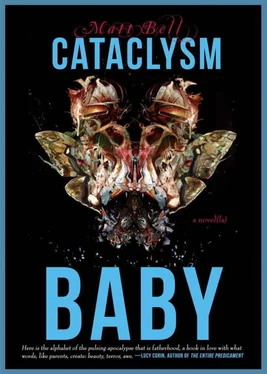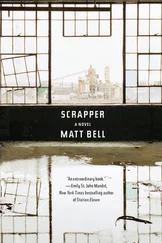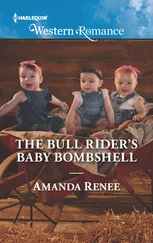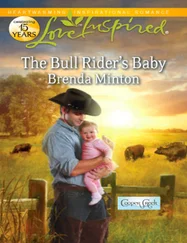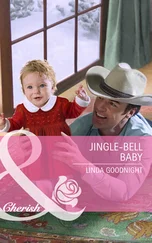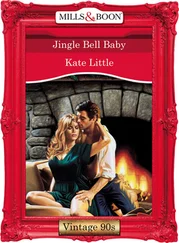The Untethering, it is more a party for us than for our daughter, but it doesn’t feel like a celebration, not with everyone dressed all in black.
Midway through the dancing, I remind my wife that she’s the one who must release our daughter.
I say, If our daughter was a son, then I would do it, because it is what has to be done, what has always been done since the time of the first rising.
I say, We don’t know where she will float to, but if you do not let her go, then she will starve to death upon her tether. Together, we will have to watch her deflate, then float back to the earth, our own lifeless feather.
Our hushed guests wait while my wife looks through her spyglass at our daughter, that fat far-off speck caught in an updraft, spinning uncomfortable at the end of her line. They watch through their binoculars, struggling to read my daughter’s lips, the last message of our only child, only half-mouthed when my wife, already turning away, finally pulls the release lever.
How quick the rest of the cord shoots up and out through the guide-loops, speeding into the air behind my daughter, and how fast our baby girl disappears, off for whatever world awaits her up there in the atmosphere, among all the other children this town has released.
And who can imagine what far-off countries they might settle, what new families they might next inhabit?
All we know is how sad our landlocked bodies are now, comforted only by each other’s flightless, balloonless limbs. Her mother and I, we weep, black-clad, while around us our neighbors sing the Untethering song and cut our Untethering cake: Chocolate, my wife’s favorite, the one she hasn’t had since the day our allergic daughter was born, when we traded its pleasure for some other flavor, some taste thought even sweeter.
Sod furrows behind the plow, behind our slow son tacked to its traces, his shoulders and thighs bulging as he scratches the blade across the earth, sundering scars to be scabbed over by his mother’s following hand. All day she walks behind the hulk of him, doing the work I used to do. With her slender fingers she pushes the seeds carefully into the dank dirt, into soil exposed only briefly to this uncertain sun, this angry air, this quavering question posed as perhaps unreasonable hope: Because even though what grows from the world’s womb might be no better than what grew from my wife’s, what other choice do we have but to try again?
There are some who say it’s the earth that’s gone wrong, and some that say the seed, and it is this my wife and I debate after she pushes my wheelchair up to the dining table, after she sets the brakes my fumbling fingers are too weak to work. While we fight, our son takes more than his share of our food, offers less than his fair part to the conversation. Everything about him is retarded except his appetite, the cost of his too-big body, his still-nameless face, left so because what right name was there? What title for a child best loved as a beast of burden, best desired for the plow he can drag, for the twisted tree trunks he pulls from the ground to make more farm?
What do you call an animal that eats more than it helps grow, until crop after crop yields less, until soon there won’t be enough feed for the three of you?
What do you even say to a son like that? What you say is, Come here, boy. In the middle of the night, you say this. You say, Carry me, and then he carries you.
With your crippled body in his arms, he chases your pointing finger out of the bedroom, out of the house, out into the field still flipped fresh by the plowing.
Right here, you say. Do it right here.You say, Hug me the way you hugged me last.
You say, This time, away from the house, there’ll be no mother to stop us.
And then you give thanks for a boy too stupid to know his own strength, too broken to understand the patricide carried latent within his sausage-thick fingers, his ox-stunk palms that close over your skull, that crack those flat bones loose from their jagged moorings.
And what then? What’s this?
Already a world where nothing grows right, and now a world where nothing dies?
More, you beg, more! Son, tear me from the earth like a trunk! Husk me like the corn! Scatter me into seed again, plant me in the earth, let grow what grows! Feed your mother my share, or else plant her too—
And then your bored son dropping you unfinished to the dirt, then you watching as he bounds away, his big idiot-happy body receding, leaving you broken in the fields, screaming hoarsely for morning, for the sharp edge of the approaching plow.
See now our subterranean daughters, our dark-eyed beauties so impossible to keep in their wicker cribs, to keep inside our rude-made gravedigger’s hut, perched at the rent edge of this barren plot.
See them squirm free of their cribs, their new and segmented bodies falling to the packed-dirt floor, down and out of this home I built for them and their mother.
See me with shovel and mattock, tearing up the flooring, uncovering tunnels, chambers, new and deeper rooms.
See them tangled in each other’s sleeping bodies, keeping each other warm in the dampness of the earth, their spade-thumbs sucked and suckled in the absence of us, their parents.
See what watch I keep, what eyes I fix on their cribs, but see also how it is never enough, how all day there are piles of the plagued to heap into graves, and then all night there is their sick mother, bedridden, her vulgar pains leaving her no chance of sleep.
See me feed their mother through her stomach tube. See me soak her sore skin. See her tears at the rub of the sponge, the touch of the soap.
See our daughters taking advantage of my absence to again escape the confines of their cribs.
See me waking to their three tiny gowns beside three tiny holes, three petite piles of spent dirt, then to their wailing mother in the next room.
See me digging up the floor to find their burrows empty.
See me on my knees, reaching into the dirt, feeling their new passages, exit vectors from the confines of our home, our yard: Three tunnels for three baby girls, each in a direction of its own.
See my wife, their mother, my fading light. See me cutting her screaming hair while she cries for her children to return.
See also what I do not do: See me not covering the burrows, not filling in the caved pit of our kitchen floor, the room where I fed our daughters porridge after prying free the grubs and beetles they held stubborn in their hands and mouths.
See the day my wife loses her last voice, the day she sends me from the room with weak flurries of spotted hands, because if she cannot have her daughters she does not want me instead.
See how I crawl down into the dirt, into the sunken ruins of our home. See me whisper into the center of the earth, see me beg them to come back, to visit their mother once more before she is gone.
See the day they emerge together, clothed only in grave-dirt.
See how they’ve grown, how their toddling days have ended, how some new age is upon them.
See next their fists clenched around ginger and burdock, around echinacea, around liquorice and marshmallow.
See me gather them up onto my chest. See me carry all three at once in my arms. See me take them into our bedchamber, their hands stuffed with the medicine they traveled so far to find.
See until you cannot see anymore.
Listen: Their first words in turn, three broken intonations of cure and mother and save her, save her. What stories they tell then, of places they have gone, of the things they have seen! What hard hurt of my heart follows, what ungrantable wish shaping this trembling flesh, this poor gravedigger again made quaking father!
Читать дальше
